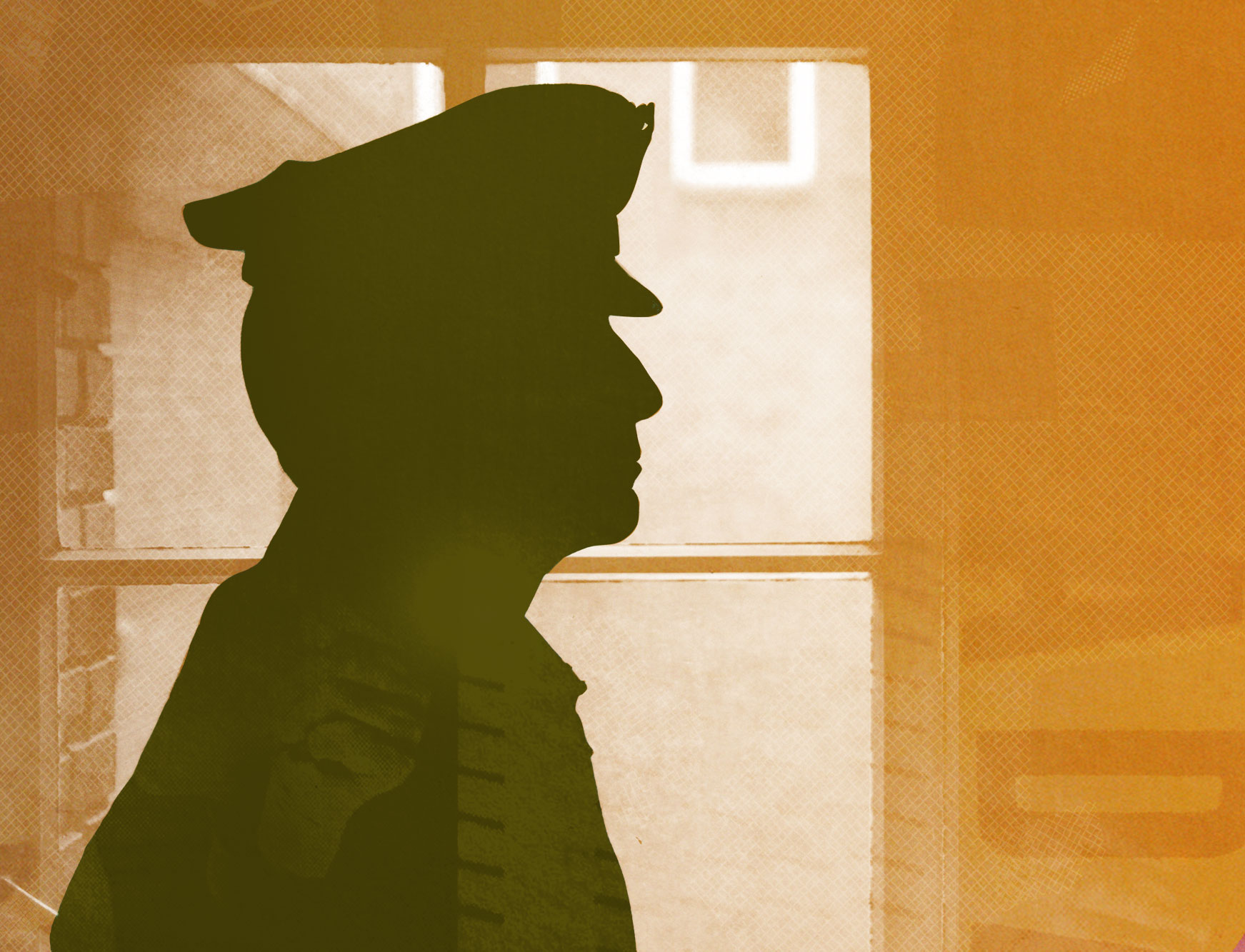It’s Time To Form A Community-Led Citizen Review Board For The Cedar Rapids Police
Now is the time to act. If we have learned anything since George Floyd’s death, it is that we cannot keep waiting for change.

This commentary is part of The Appeal’s collection of opinion and analysis.
In November 2016, a Cedar Rapids, Iowa, police officer shot then 36-year-old Jerime Mitchell during a traffic stop, leaving him paralyzed for life.
In the months and years after the shooting, members of the Black community in Cedar Rapids asked City Council to address police violence in Linn County. Council members promised to take action to rebuild trust between the community and local law enforcement. To that end, community members engaged in mediated negotiations around forming a citizen review board to bring much needed accountability to the Cedar Rapids Police Department. Unfortunately, those conversations failed to progress.
Now, four years later, the episode still stands as a bitter memory to many in Cedar Rapids. It is a reminder of promises made, but not kept; of sympathy feigned, but never acted upon; of progress that remains stalled, even as the conversation about police violence and racism continues to rage in Cedar Rapids and around the nation.
Now is the time to act. If we have learned anything since George Floyd’s death, it is that we cannot keep waiting for change. Just this summer, the City Council voted unanimously to create a citizen review board (CRB) in Cedar Rapids. We now have an opportunity for this city to course correct and atone for justice delayed, all while bringing about meaningful police reform.
To build a better system of policing that keeps everyone safe, we must first understand the dynamics of responsibility, power, and control that serve as the basis for law enforcement. Police officers must respond to violence in our communities, to homelessness on our streets, and to fights in our schools. In many communities—especially in poorer neighborhoods, among immigrants, and in communities of color—some police officers wield their immense power to disproportionately search, seize, arrest, and incarcerate. Millions of taxpayer dollars fund our police forces, yet, in these same communities, crimes of violence often go under-reported and under-investigated. When people don’t feel safe from the police, they won’t feel safe reporting to the police. We aren’t being made safer, particularly in our Black communities. This is true even in communities like Cedar Rapids that are predominantly white.
In Linn County, Black people make up only 4.8 percent of the population, but are 25 times more likely to be cited rather than warned during traffic stops. In studies conducted in Iowa City and Davenport, Black drivers in 2015 were far more likely to be stopped, asked to submit to a search, given a citation, and arrested than white drivers, though they were not more likely to be engaged in unlawful behaviors.
The first step to addressing these issues in Cedar Rapids is to empower the community to enact change. Community policing and civilian review boards like the one outlined in the research brief published by the Advocates for Social Justice can move Cedar Rapids in the right direction. But a recent report published by The Justice Collaborative Institute argues that the most powerful tool for structural change in policing would involve granting this board full civilian control over the department. That would mean creating a board composed of non-law enforcement members selected by the community itself, independent from elected officials and police chiefs and unions. It would mean giving them the power to create rules and file disciplinary charges for officer misconduct. And it would mean giving them the authority to investigate the department, have a say in the hiring and firing process of the police chief, subpoena officials, and tell the public what they learn.
These oversight bodies exist in more than 100 cities and towns across the United States, with more than 200 entities in operation today. Cedar Rapids can learn best practices from those already in existence and tailor our review board to fit our community’s needs. In the end, this is about collectively reconciling how our city values the most vulnerable among us, and moving toward a more accountable and equitable system.
Recent polling even suggests that a majority of voters from both major political parties support the creation of police oversight commissions composed of non-law enforcement members with the power to review police actions, issue subpoenas, and recommend discipline where police engaged in misconduct.
Iowans pride ourselves on our first-in-the-nation status. Our commitment to political engagement and self-governance has helped bolster our standing as a leader on many social and political issues. Iowa was the first state to desegregate schools, and we have regularly fought for forms of racial progress that are worthy of our pride. Yet we remain scarred by a justice system that continues to fail Black and Brown Iowans. In this unprecedented political moment, Cedar Rapids must live up to our reputation of unprecedented participation in civic governance by creating a citizen review board for our police department. By returning power to the people, we can continue to be an example for the nation.
Stacey Walker is a native of Cedar Rapids. In 2016, he became the first Black member ever elected to the Linn County Board of Supervisors. Maria Hawilo is a Distinguished Professor in Residence at Loyola University Chicago. She focuses her teaching and research on the criminal justice system and its vast overreach and disparate impact on African-American and Latino individuals.
